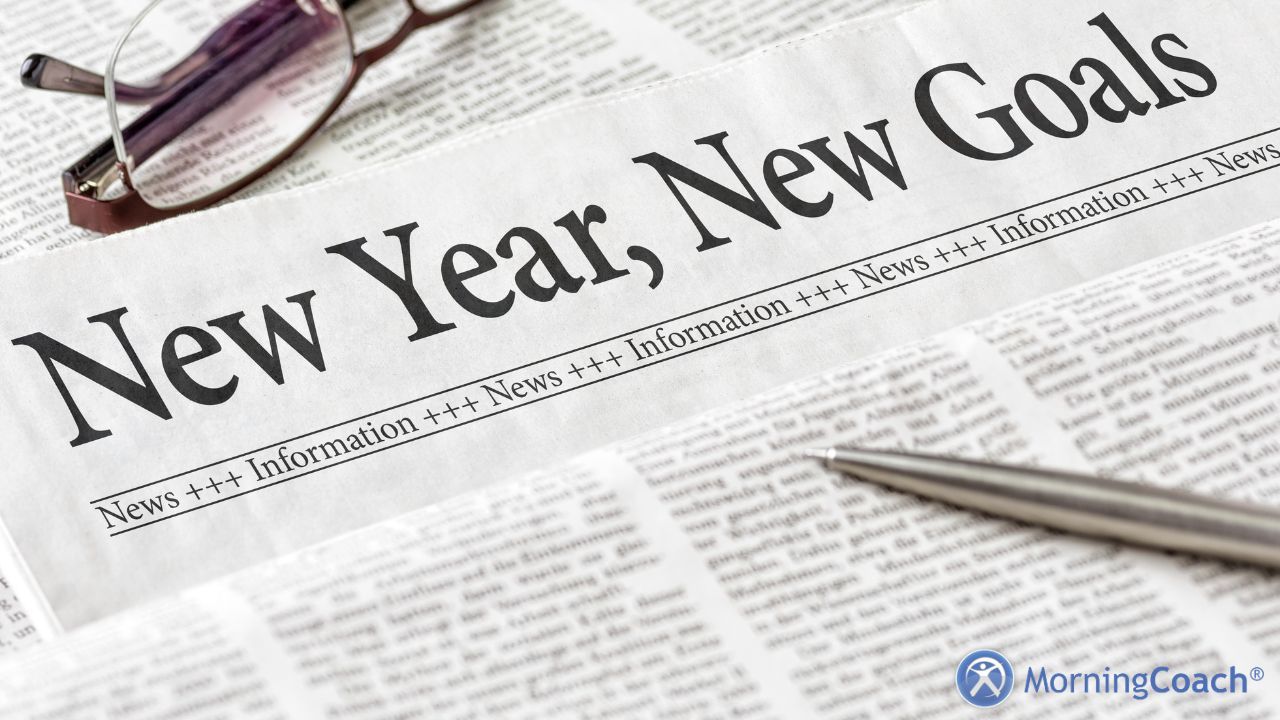
Blog
Sometimes it's better to listen.
A friend in need may not always be seeking your advice. They could instead want a sounding board, a shoulder to cry on, or a show of support for a difficult decision they need to make. As a trusted friend, you will serve the relationship well by forgoing the desire to provide your opinion and instead listen with empathy. Real companions are always willing to listen and provide support through difficult times or when their pals are just feeling down. As tempting as it may be, avoiding the advice trap will demonstrate you are flexible to your friend's needs and that you are loyal above all else.
An empathetic listener is skilled at drawing out the whole story from their friends and colleagues. They will cleverly ask questions that reveal the context and details of the crisis. Then paraphrase what they have heard to confirm that the message has been conveyed completely. Furthermore, the compassionate listener will ask questions that lead their conversation partner to discover the answers on their own.
Listening requires you to suppress your ego and consider what is being said rather than reacting with your ideas and opinions
Compassionate listening is listening that can help relieve another person's suffering in this type of empathetic listening. You tune in with only one purpose: to help the other person to empty their heart. Even if they say things that are full of wrong assumptions or bitterness, you can still listen with compassion and empathy because you know that this kind of listening gives the other person a chance to suffer less.
When it comes to active listening, you want to show the speaker that you are focused on them and not your iPhone or social media feed. Give your full attention and put the distractors away to make the most of this valuable relationship-building opportunity. Don’t be tempted to jump into the discussion with questions or comment every time there are a few seconds of silence. That silence is processing time, and empathetic listening requires giving space to explore the other person’s thoughts and feelings.
One of the most sincere forms of respect is actually listening to what another has to say.
~ Bryant H. McGill
Using non-verbal signals that indicate you are listening can also be encouraging. These are a good place to start - nod your head, use a sound like ah hu, mmm, or really!? Please make an effort to respond in such a way that encourages them to keep talking and provides the information you need to see the picture in detail. Body language and other signs that confirm that you are listening can also demonstrate that you are paying attention. Nodding or raising your eyebrows when your compadre says something that interests you, as well as open posture, sitting up straight. Making eye contact will also convey that you are engaged. Ask an occasional question, make comments and paraphrase what you are hearing and seeing. That further demonstrates that you are comprehending the speaker's message.
Listening can be difficult because it means suppressing your ego and considering what is being said rather than reacting with your ideas and opinions. When you listen, focus on the tone, facial expressions, and body language you perceive to interpret the words you are hearing. Empathetically listen by thinking deeply about what they are saying, how they are saying it and what they are selectively omitting. This conveys that you understand the other person’s situation and position.
So when you choose to assist your friend with your ear, listen with empathy and avoid giving advice initially. If you do have the insight to share, ask if they want to hear it. Then, be ok if their response is “No.” Your undivided attention is immeasurably valuable to your friends and colleagues. Be content with giving your undivided attention. Few people take the time to do that.

Related

Get Started
MorningCoach® is a professional operating system for founders, CEOs, and high-performing professionals who already invest in tools — and want a system that makes those tools work together.
This is not a course.
This is not motivation.
It’s a professional operating system.
MorningCoach® gives you a repeatable framework for clarity, execution, and long-term momentum — supported by planning tools, structured coaching, and a peer community that operates at a high standard.
You don’t need to “fix” yourself.
You need a system that matches how professionals think, plan, and execute.
Choose the operating cadence that fits how you work — weekly or daily — and put a proven system to work immediately.
FAQs



